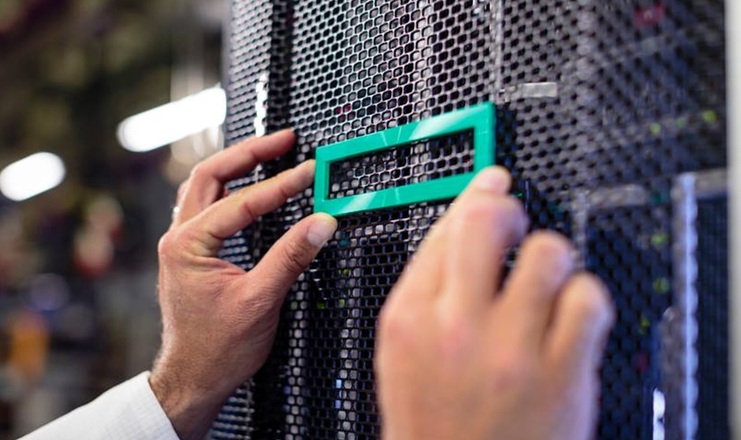Quantum computers are gaining attention and recognition for their potential usefulness. Australian physicist Michelle Simmons recently won a top science award for her work on silicon-based quantum computers. But what exactly are quantum computers?
Traditional computers work with whole numbers or real numbers, manipulating information through complex rules. Quantum computers, on the other hand, work with complex numbers encoded in quantum physics. They use light and matter to perform calculations more efficiently than traditional computers.
The significance of quantum computing lies in its ability to solve complex mathematical problems. While many of these problems are currently abstract, they could have real-world applications in areas such as cryptography, materials science, optimization problems, and machine learning.
The current landscape of quantum computing involves prototypes built by companies like IBM, Google, IonQ, and Rigetti. These prototypes are still in the early stages of development and are susceptible to errors. The ultimate goal is to create a large-scale quantum computer that can correct its own errors.
There are different technological approaches being pursued, including superconductors, trapped ions, semiconductor materials, and photons. Each approach has its advantages and challenges, and it is unclear which one will prevail.
Looking ahead, researchers expect advancements in error correction, the establishment of post-quantum cryptography standards, and the development of commercial applications like quantum sensing. The demonstration of a compelling application where quantum computers outperform traditional computers is also anticipated. Ultimately, the goal is to create a large-scale quantum computer free of errors, marking the beginning of the “quantum era”.


